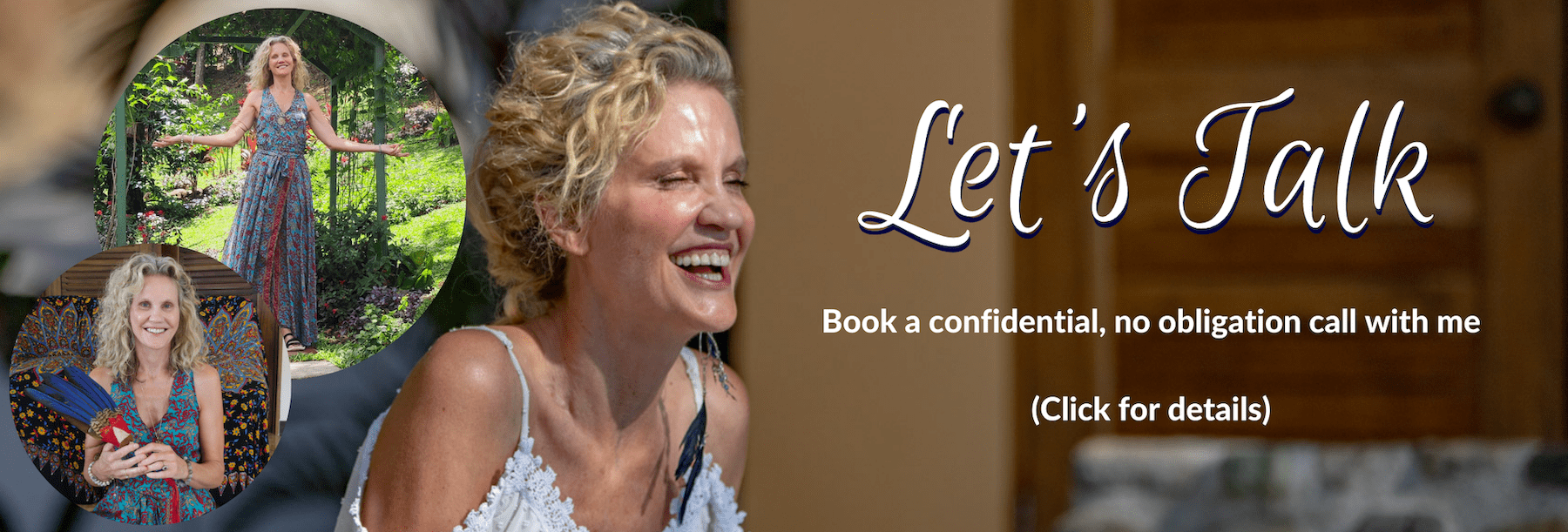But what happens when we don’t set clear personal boundaries with others? The consequences can be detrimental to our mental, emotional, and physical well-being. And our spiritual growth is stumped.
When we lack personal boundaries, we may experience:
- Burnout and exhaustion from constant giving without receiving
- Resentment and frustration from being taken for granted
- Lack of autonomy and control over our own lives
- Difficulty saying “no” without feeling guilty or anxious
- Blurred lines between what’s okay and what’s not okay in relationships
This can lead to feelings of being used, drained, and disrespected. We may even find ourselves feeling like we’re just going through the motions, without a sense of purpose or fulfillment
So, where does this lack of personal boundary come from? Often, it stems from a deep-seated fear of rejection, abandonment, or not being loved or valued. Perhaps we’ve been conditioned to prioritize others’ needs above our own from a young age or have experienced trauma that makes us feel like we need to constantly prove our worth.

So, how do we break free from this cycle and establish healthy personal boundaries?
Here are some tips and strategies to help you set boundaries that serve you:
1. Identify your limits: Reflect on what makes you feel uncomfortable, resentful, or exhausted. What are your non-negotiables? What do you need to feel safe and respected?
2. Practice self-care: Take care of your physical, emotional, and mental well-being. This will help you recharge and gain confidence in setting boundaries.
3. Communicate assertively: Use “I” statements instead of “you” statements. Be clear, direct, and respectful when expressing your needs and limits.
4. Set boundaries proactively: Don’t wait until you’re exhausted or resentful. Establish boundaries early on in relationships to avoid confusion or resentment.
5. Practice saying “no”: It’s okay to say no! Remember that saying yes to everything means saying no to yourself.
6. Prioritize self-reflection: Regularly check-in with yourself to ensure your boundaries are aligned with your values and needs.
Remember, setting personal boundaries is not selfish; it’s essential for living an authentic life filled with purpose, joy, and fulfillment. By prioritizing your own needs and limits, you’ll be better equipped to build healthy relationships, manage stress, and cultivate a sense of self-worth.
Take the first step today by identifying one area where you’d like to establish a boundary. Start small and work your way up – you got this!


